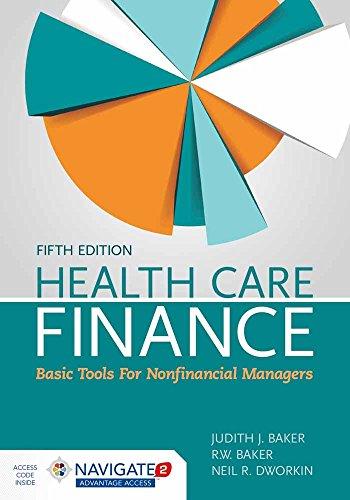Answered step by step
Verified Expert Solution
Question
1 Approved Answer
Airbnb ( ticker: ABNB ) was a high - profile initial public offering ( IPO ) in January 2 0 2 1 , and it
Airbnb ticker: ABNB was a highprofile initial public offering IPO in January and it has been in the
news ever since. There is a considerable amount of uncertainty surrounding Airbnbs longterm viability
as local governments attempt to limit its operation. The purpose of this case is to apply your capital
budgeting skills in a valuation of Airbnb.
Think of valuing a company like a big capital budgeting exercise. However, instead of forecasting cash
flows for a single project, you will be forecasting cash flows for an entire company. Likewise, instead of
computing the NPV of an individual project, you will compute the NPV of the cash flows of the entire
company. There will be one key difference: with projects we typically assume they come to an end, but
with companies we dont at least we hope not! Thus, we need to make an assumption about how cash
flows in the company grow in the long run. Typically we forecast individual cash flows for years and
then make an assumption about how cash flows grow after that more details on this below Here are
the steps for the Airbnb case:
Start with the Airbnb excel worksheet Ive posted on Canvas Airbnbxlsx
The spreadsheet gives assumptions about the yearoveryear YOY growth of revenues and
related expenses for These assumptions come from analyst reports and Airbnb management
forecasts. Combining these sources gives a bumpy growth forecast for the next few years which is why
the YOY growth estimates do not follow a smooth pattern at first. Use the base case assumptions in the
excel sheet to build a forecast of earnings and free cash flows for the years to Specifically, start
by forecasting revenues each year. Then, using these forecasts, compute the associated cost of
revenue depreciation and capital expenditures. Cost of revenue are all costs of revenue not including
depreciation, so that Revenue Cost of Revenue Earnings Before Interest Taxes Depreciation and
Amortization EBITDA Subtract off depreciation to get EBIT. Continue as we did in our capital budgeting
exercises until you eventually get to Free Cash Flow. You can assume a tax rate of and negligible
changes in net working capital. You can also assume an opportunity cost of capital of for all the FCFs
Beyond you will need to make an assumption about Airbnbs longterm growth once it
becomes a mature company.
Start with the free cash flows you forecast for and assume that they will grow by to
and continue growing at thereafter. You can then use the growing perpetuity formula to value
all the cash flows after By doing this, you will have what is called a terminal value or
continuation value for Airbnb as of the end of one year before the first cash flow in the
growing perpetuity
To avoid timing complexities, we will assume that it is now the beginning of and that the
first cash flow the FCF will be generated exactly oneyear from now, at the end of Discount
all cash flows back to the beginning of using a cost of capital. The sum of total of these
discounted cash flows is the estimated total enterprise value of Airbnb at the beginning of
Enterprise Value Equity Debt Cash and Marketable Securities
Airbnb Case MGT R Winter Page of
To arrive at the price per equity share, you must subtract Airbnbs debt from its enterprise value
and then add Airbnbs cash and marketable securities
Airbnb has $ billion in debt and $ billion in cash and marketable securities
Airbnb has million shares outstanding. Use this information to calculate the price per share.
Next, perform some sensitivity analysis.
Given the uncertain regulatory environment, use the Upside and Downside scenarios for YoY
revenue growth to compute the associated Upside and Downside stock prices.
Also, using the base case, check the sensitivity of your valuation to the assumptions about
Airbnbs cost of revenue. The sheet assumes that Airbnb will be able to stabilize its cost of revenue
to be by However, competition, higher product support expenses, or increased
advertising could eat into this. Calculate Airbnbs stock price if Cost of Revenue evolves as in the
Sensitivity CoR row in the spreadsheet.
As of the writing of this case, Airbnbs stock price was $
Consider what it would take for your forecast to produce a valuation that equates to a
$ stock price.
By changing your revenue growth assumptions, find a set of YoY growth assumptions that would
produce a stock price of approximately $
With these revenue assumptions in place, compute the compound annual growth rate CAGR in
FCF from to For example, if your estimate of FCF is $ and for is
$ then you would use the RATE function in Excel: RATE
An alternative way to valu

Step by Step Solution
There are 3 Steps involved in it
Step: 1

Get Instant Access to Expert-Tailored Solutions
See step-by-step solutions with expert insights and AI powered tools for academic success
Step: 2

Step: 3

Ace Your Homework with AI
Get the answers you need in no time with our AI-driven, step-by-step assistance
Get Started


